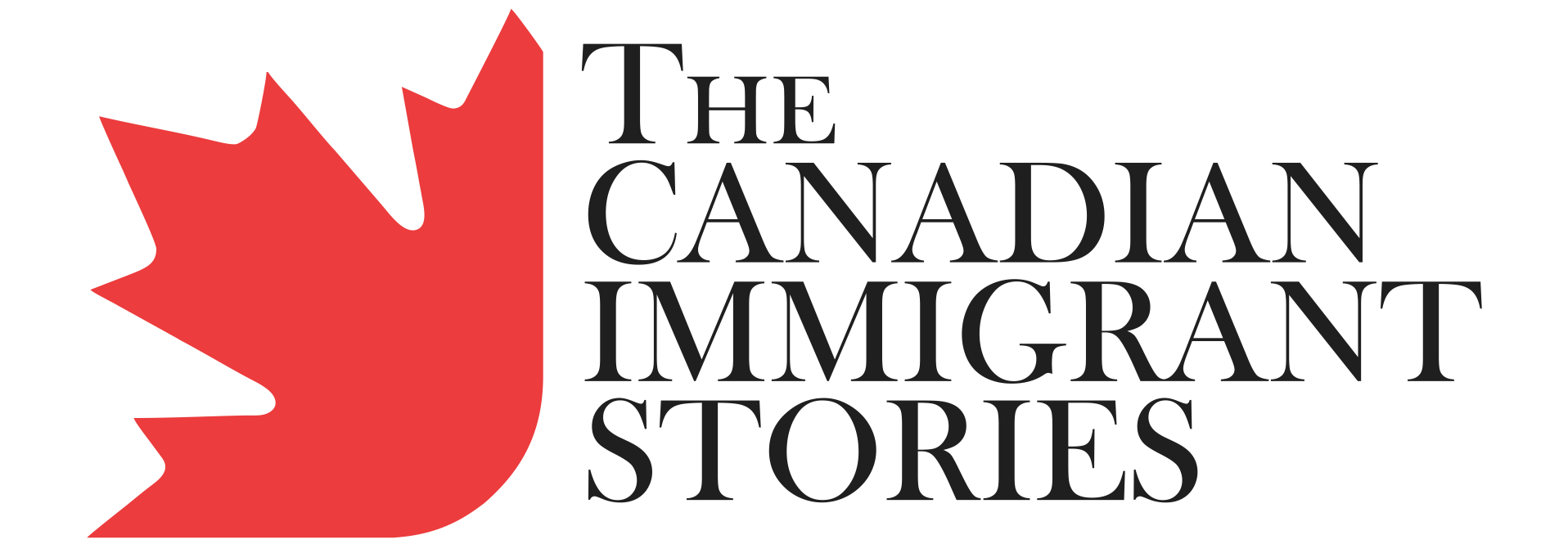Exploring Settlement Services for Temporary Residents in Canada: A Comprehensive Overview
Are you currently residing in Canada as a temporary resident and curious about your eligibility for settlement services? Navigating the complexities of settling into a new country can be daunting, but understanding the resources available to you can greatly ease the process. Immigration, Refugees and Citizenship Canada (IRCC) offers a range of settlement services specifically designed to support temporary residents as they adjust to life in Canada.
Temporary residents encompass a diverse group of foreign nationals who are in Canada for various reasons, such as work, study, or visiting family. These individuals contribute to Canada’s economy, culture, and community during their temporary stay. Recognizing the challenges faced by newcomers, IRCC funds settlement services that are crucial for facilitating their integration into Canadian society.
Settlement services are comprehensive and free of charge, aiming to assist newcomers with essential aspects of life in Canada. These services include language training to improve communication skills, employment support to help individuals find suitable jobs, and community connection programs to foster a sense of belonging. Additionally, settlement services provide information on healthcare, education, housing, and other important aspects of daily life in Canada.
Eligibility for IRCC’s settlement services is determined by individual service providers across the country, each with their own policies and criteria. While IRCC sets general guidelines, such as age restrictions for certain services like language training, specific eligibility details may vary depending on the organization providing the services.
For example, temporary foreign workers holding approved work permits under the Immigration and Refugee Protection Regulations (IRPR) may qualify for certain settlement services. Similarly, individuals transitioning from temporary to permanent residence through programs like the Atlantic Immigration Program (AIP) or the Rural and Northern Immigration Pilot (RNIP) are eligible for specialized support, including needs assessment, referrals, and orientation programs tailored to their needs.
Special policies also exist to accommodate unique situations. Ukrainian nationals in Canada under the Canada-Ukraine Authorization for Emergency Travel (CUAET) are eligible for IRCC settlement services until March 31, 2025. Furthermore, individuals affected by the Gaza crisis and arriving in Canada with assistance between November 1, 2023, and December 31, 2024, can access settlement services until March 31, 2027, under specific public policy measures.
Understanding these eligibility criteria empowers temporary residents to access the necessary support to settle effectively in Canada. Whether you are navigating language barriers, seeking employment opportunities, or building community connections, IRCC settlement services are designed to facilitate your integration into Canadian society during your temporary stay.
By leveraging these resources, temporary residents can not only enhance their personal and professional lives but also contribute positively to the Canadian community. Embracing the diversity and enriching experiences that temporary residents bring, Canada continues to thrive as a welcoming and inclusive nation for individuals from around the world.



